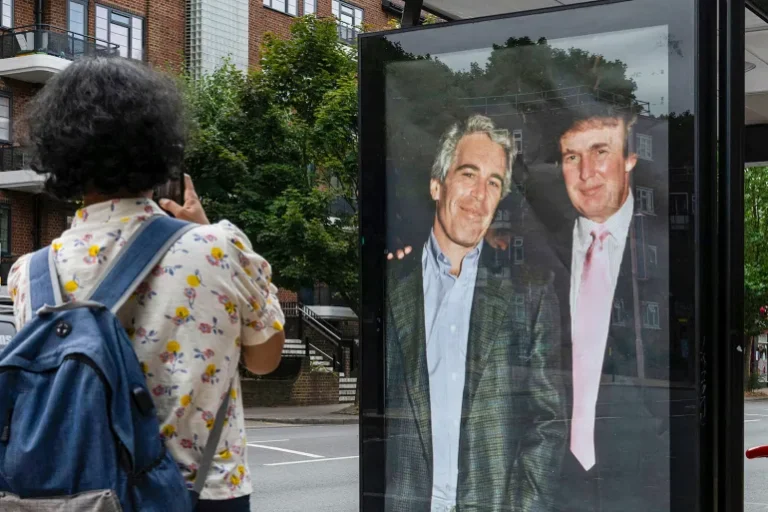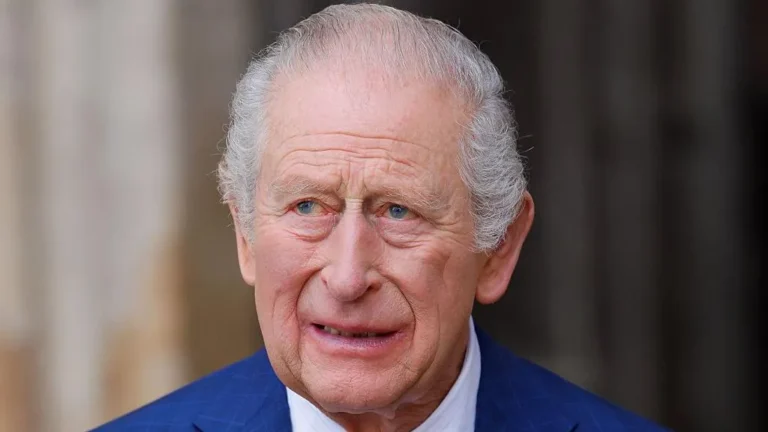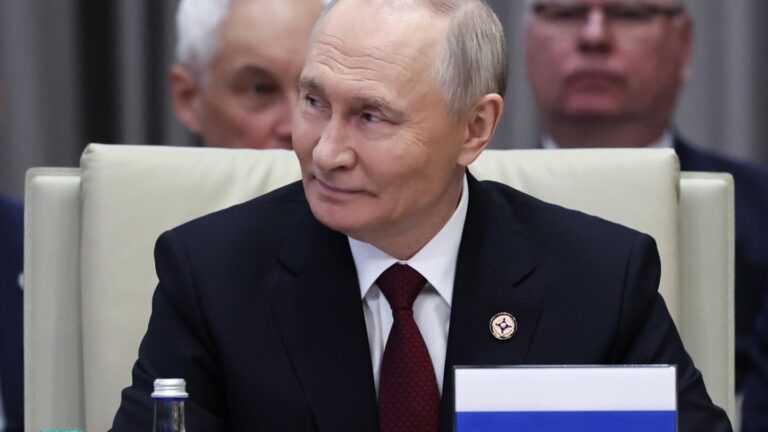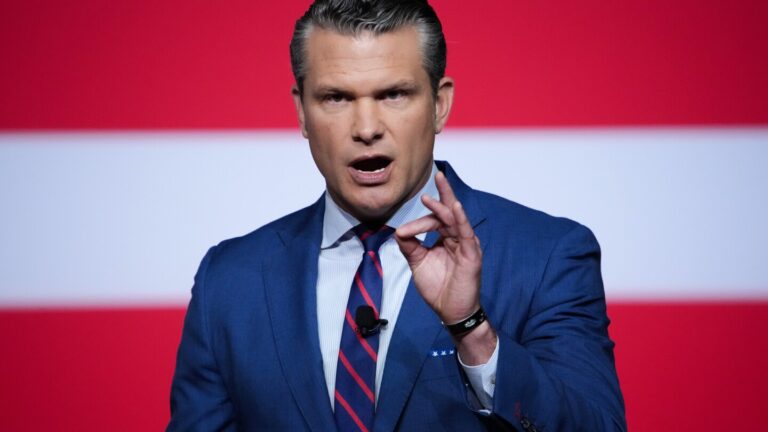
The Donald Trump administration on Thursday authorised a lethal military strike on a vessel in international waters of the Caribbean Sea, killing three men aboard whom the U.S. describes as “narco-terrorists”. The attack, carried out under orders from the presidency and publicly confirmed by Pete Hegseth, was directed at a boat said to be operated by a “Designated Terrorist Organization” engaged in narcotics trafficking. According to U.S. officials, the strike reflects an escalating campaign to disrupt drug-smuggling routes into the United States.
Escalation of Maritime Campaign
In his public statement, Hegseth said the vessel was struck in international waters and asserted that the operation will continue until so-called narco-terrorists “stop poisoning the American people”. The announcement came with a short video showing a munition striking the boat, causing a violent explosion as it sped through the water. U.S. officials report that this strike adds to at least 18 separate operations (including 17 boats and one semi-submersible) since early September, in both the Caribbean and the eastern Pacific Ocean. The death toll from these operations has been estimated at around 70 people.
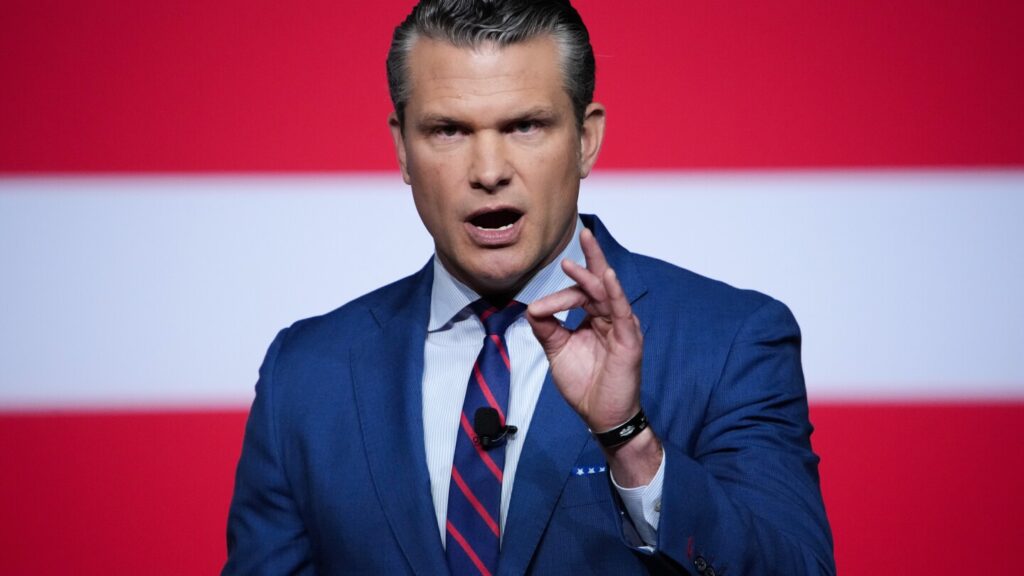
While the U.S. claims each vessel was operated by a terrorist-labelled group and involved in narcotics smuggling, critics note that Washington has yet to publish detailed evidence linking every targeted boat to illicit trafficking. The campaign also coincides with a significant build-up of U.S. naval assets and aircraft in the region.
Legal, Regional and Strategic Implications
The strike raises serious legal and diplomatic questions. The United Nations Office of the High Commissioner for Human Rights has described the series of attacks as potential “extrajudicial killings” and warned they might violate international human-rights law. Some U.S. lawmakers both Democrats and Republicans are pressing the administration to clarify the legal basis for lethal strikes in international waters absent Congressional authorisation.
Regionally, the campaign risks further straining relations with neighbouring countries. Nicolás Maduro of Venezuela has accused the United States of using counter-narcotics as a pretext for regime change and asserted that the operations destabilise his government. Meanwhile analysts warn that the U.S. military presence and maritime operations may shift the mission from interdiction of drugs toward broader geopolitical engagement in Latin America.
READ ALSO: Cowboys’ Marshawn Kneeland Dies at 24 Following Police Pursuit and Apparent Suicide
By framing the effort as an “armed conflict” against narcotics networks, the Trump administration is signalling a major shift in the U.S. approach to drug trafficking deploying unmanned drones, warships and special-operations forces rather than relying solely on law-enforcement or coast-guard methods. But without transparent disclosures of the intelligence and criteria used for targeting, the campaign remains controversial.
“To all narco-terrorists who threaten our homeland: if you want to stay alive, stop trafficking drugs,” Hegseth posted, “If you keep trafficking deadly drugs – we will kill you.”
For now, the strike marks the latest chapter in a budding U.S. maritime campaign against drug trafficking. Whether the strategy will degrade the flow of narcotics or deepen regional hostilities remains to be seen.

